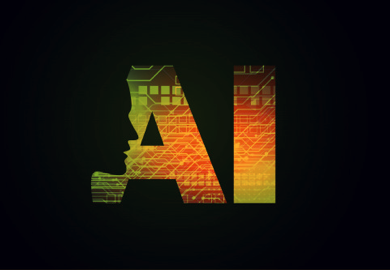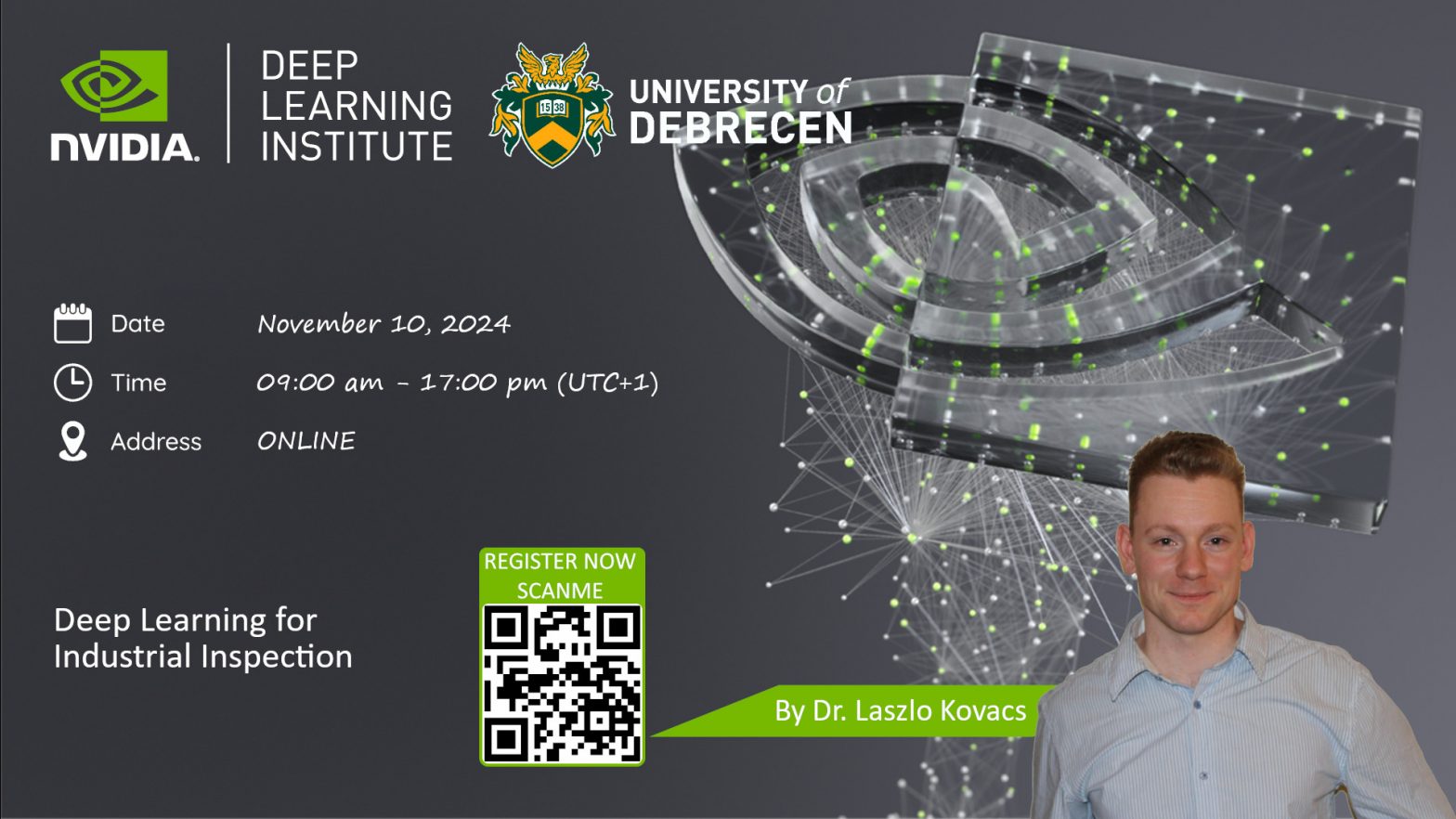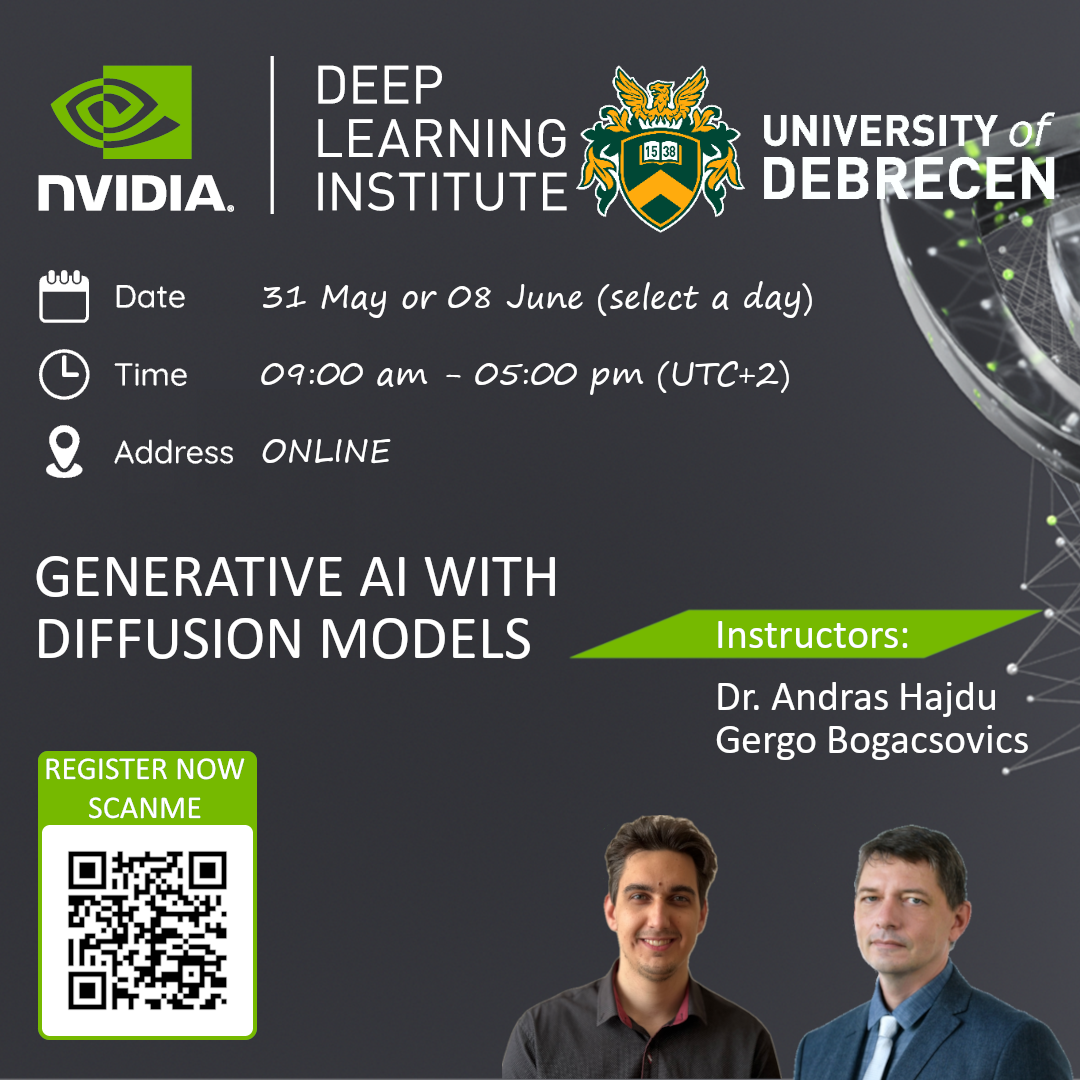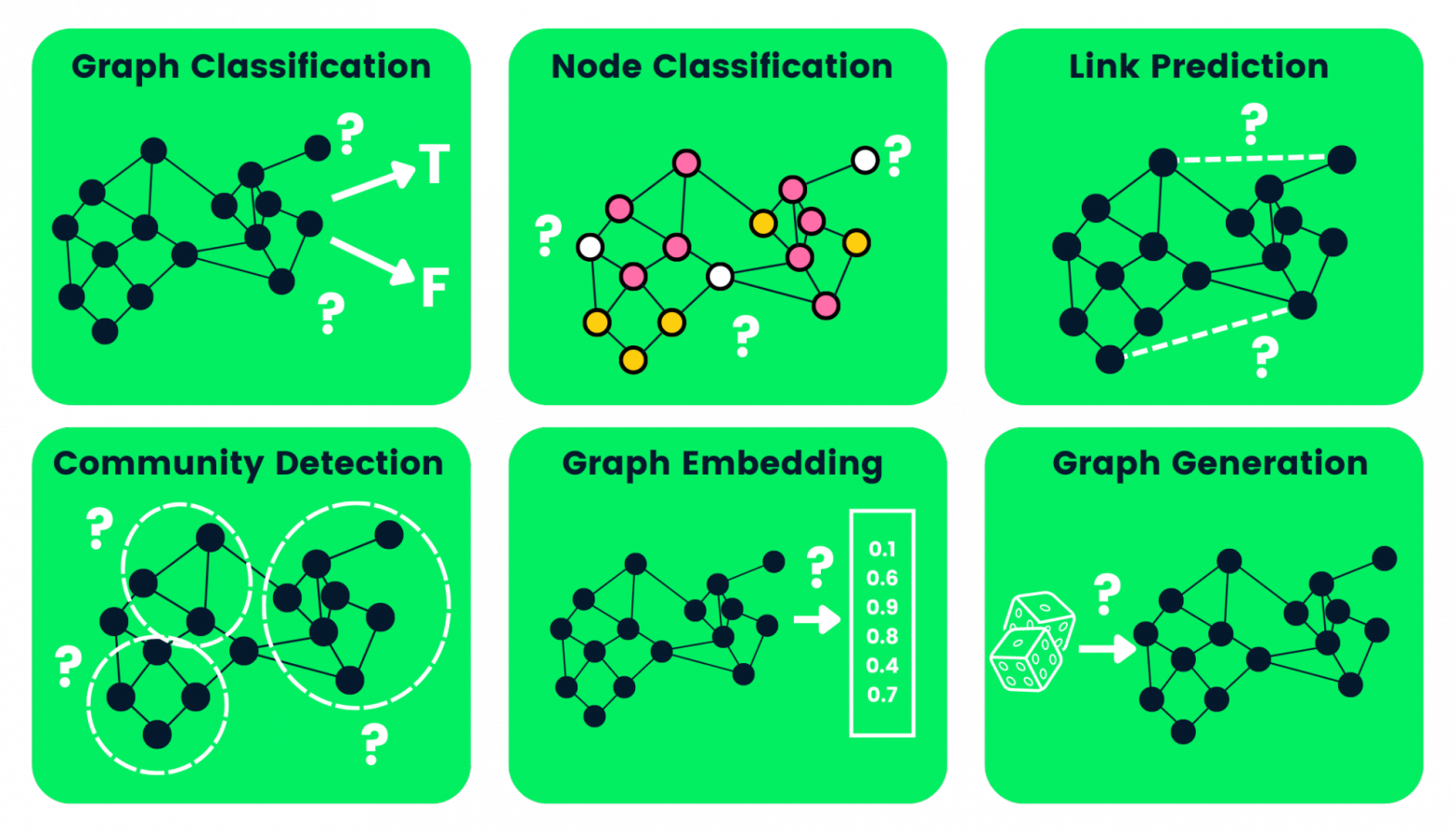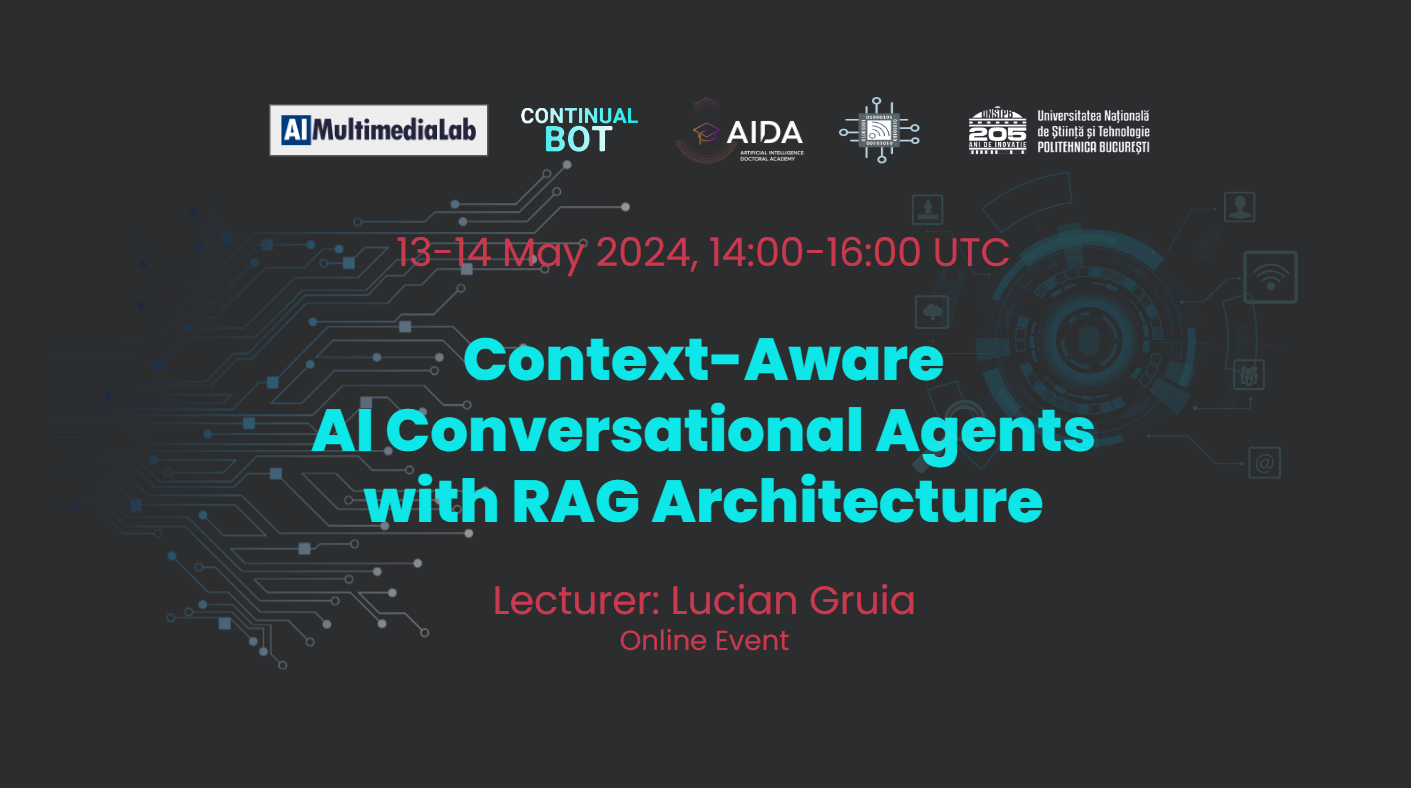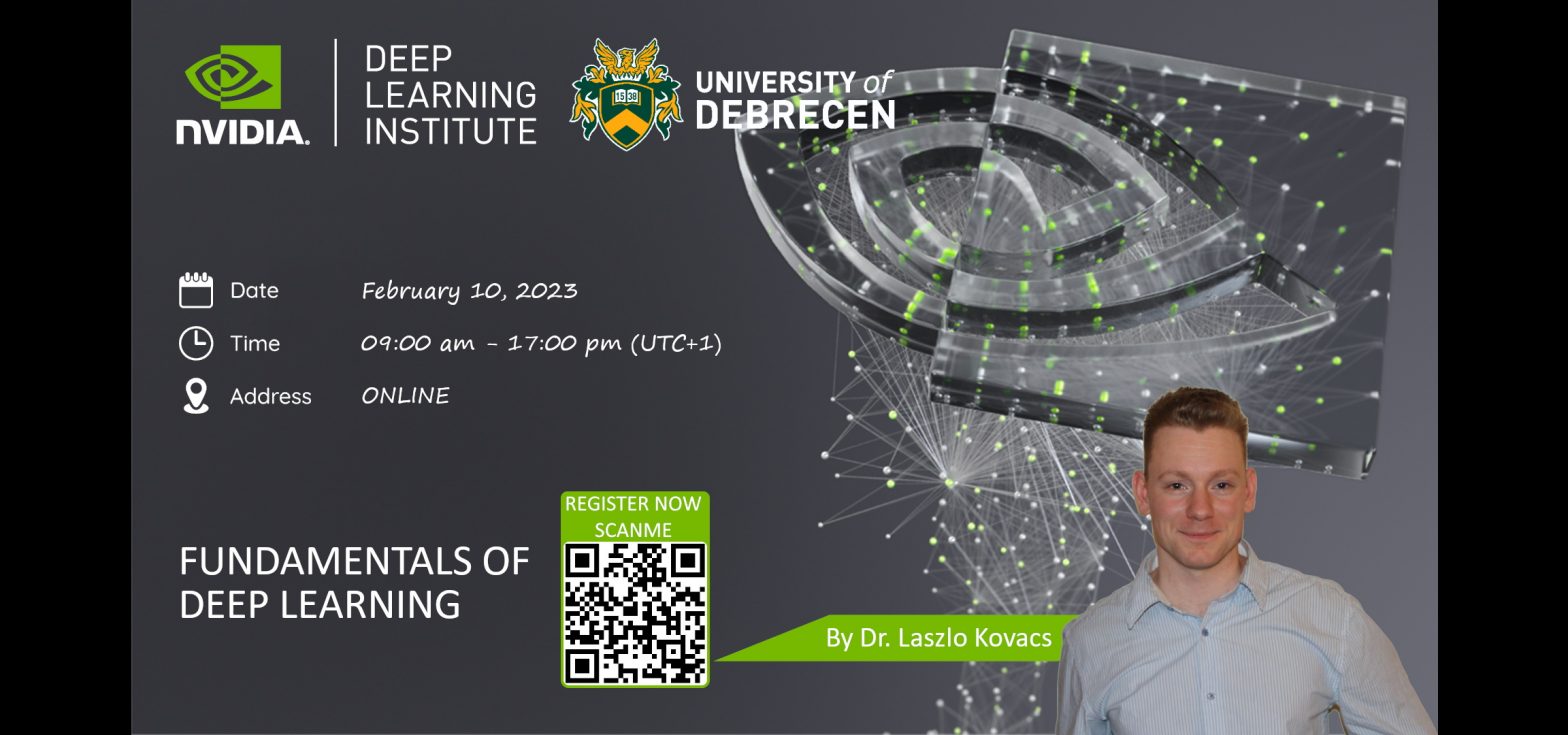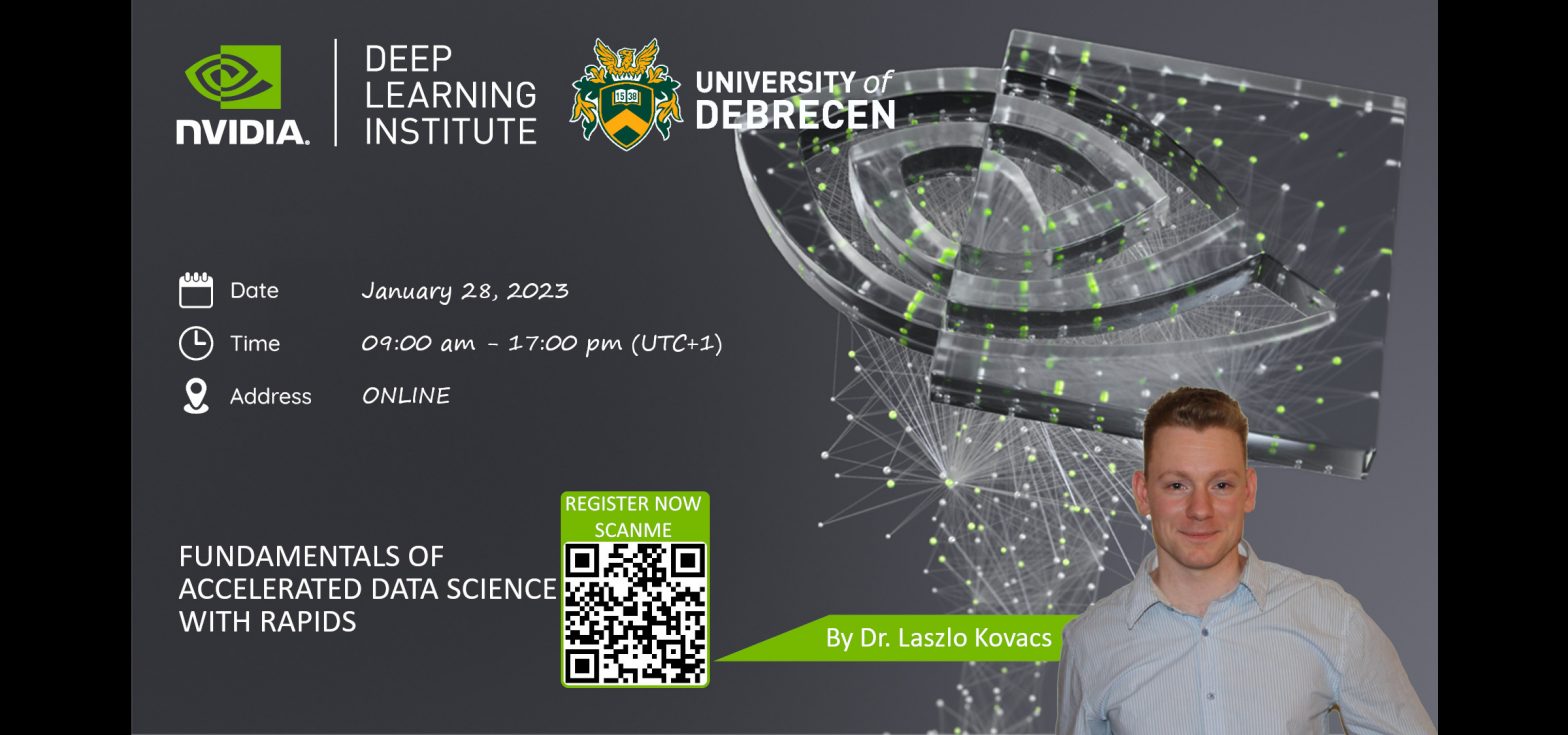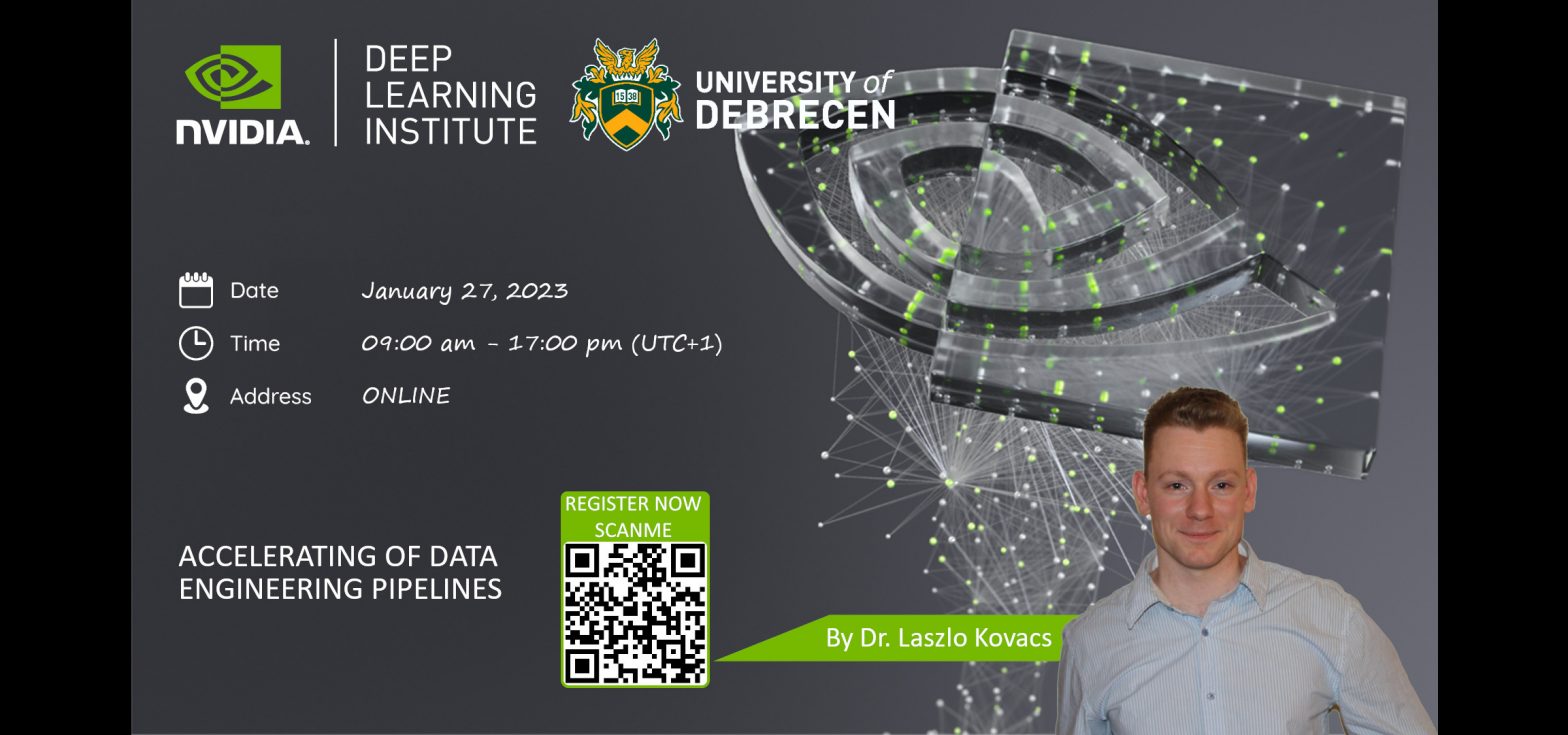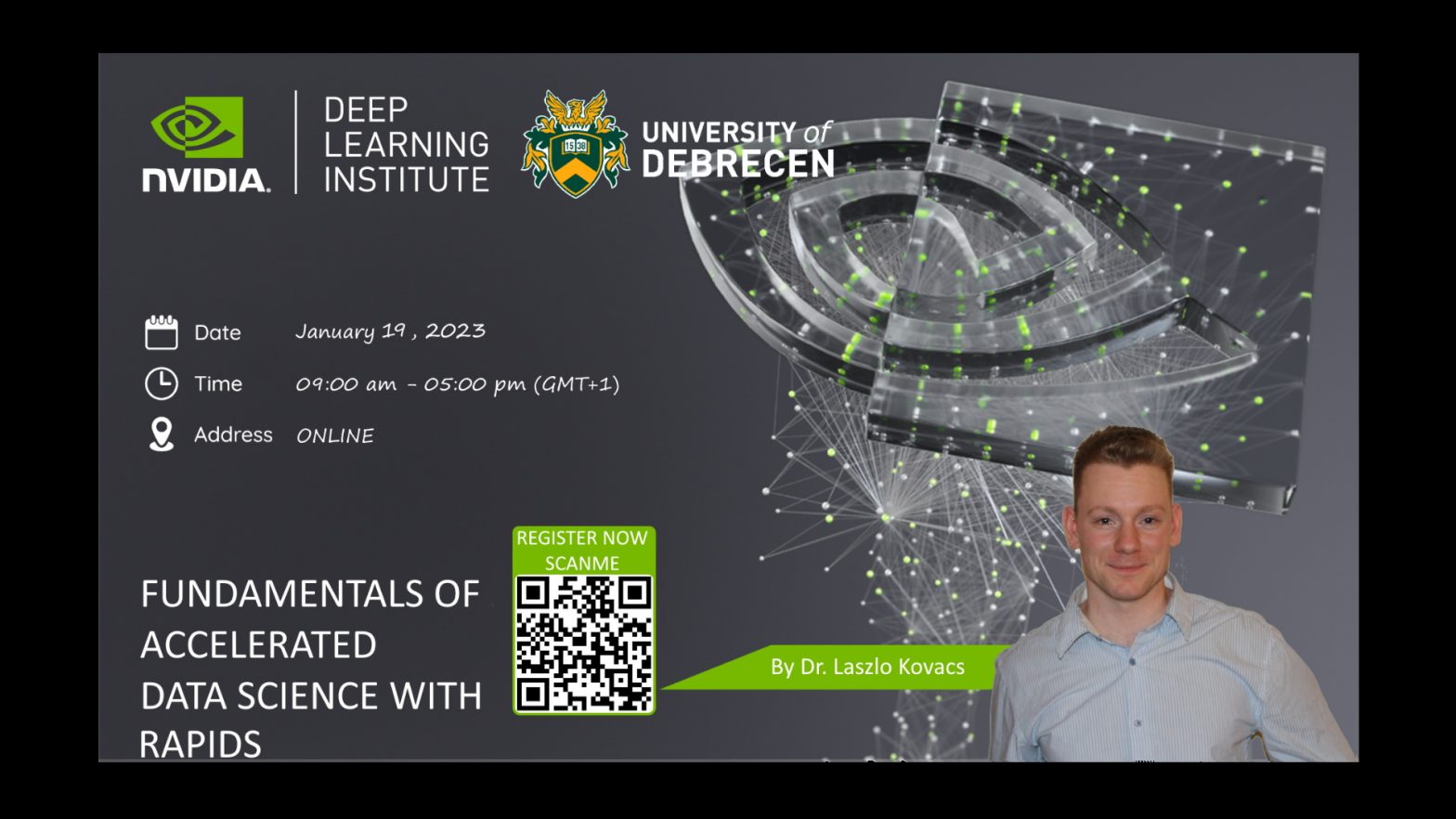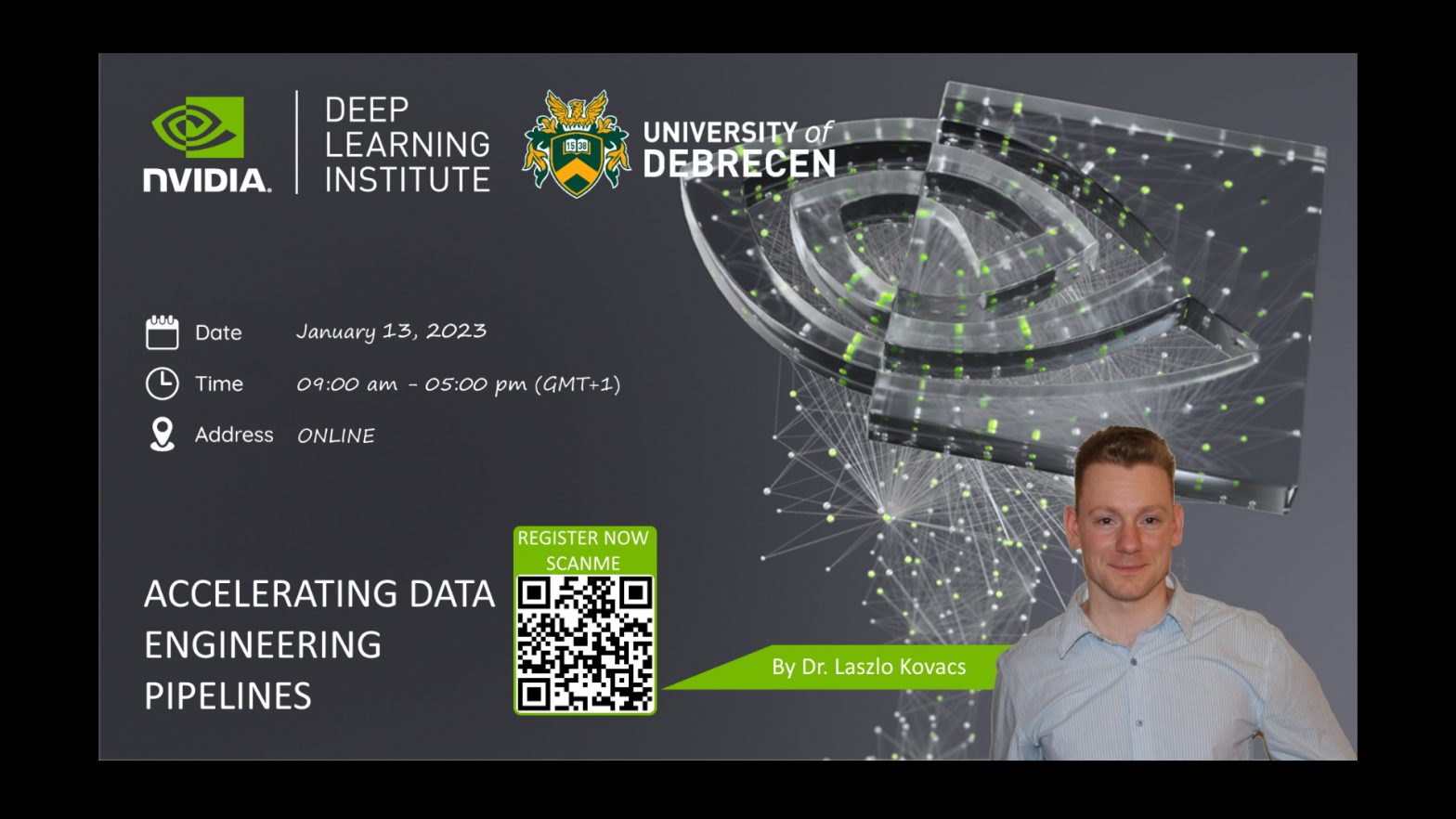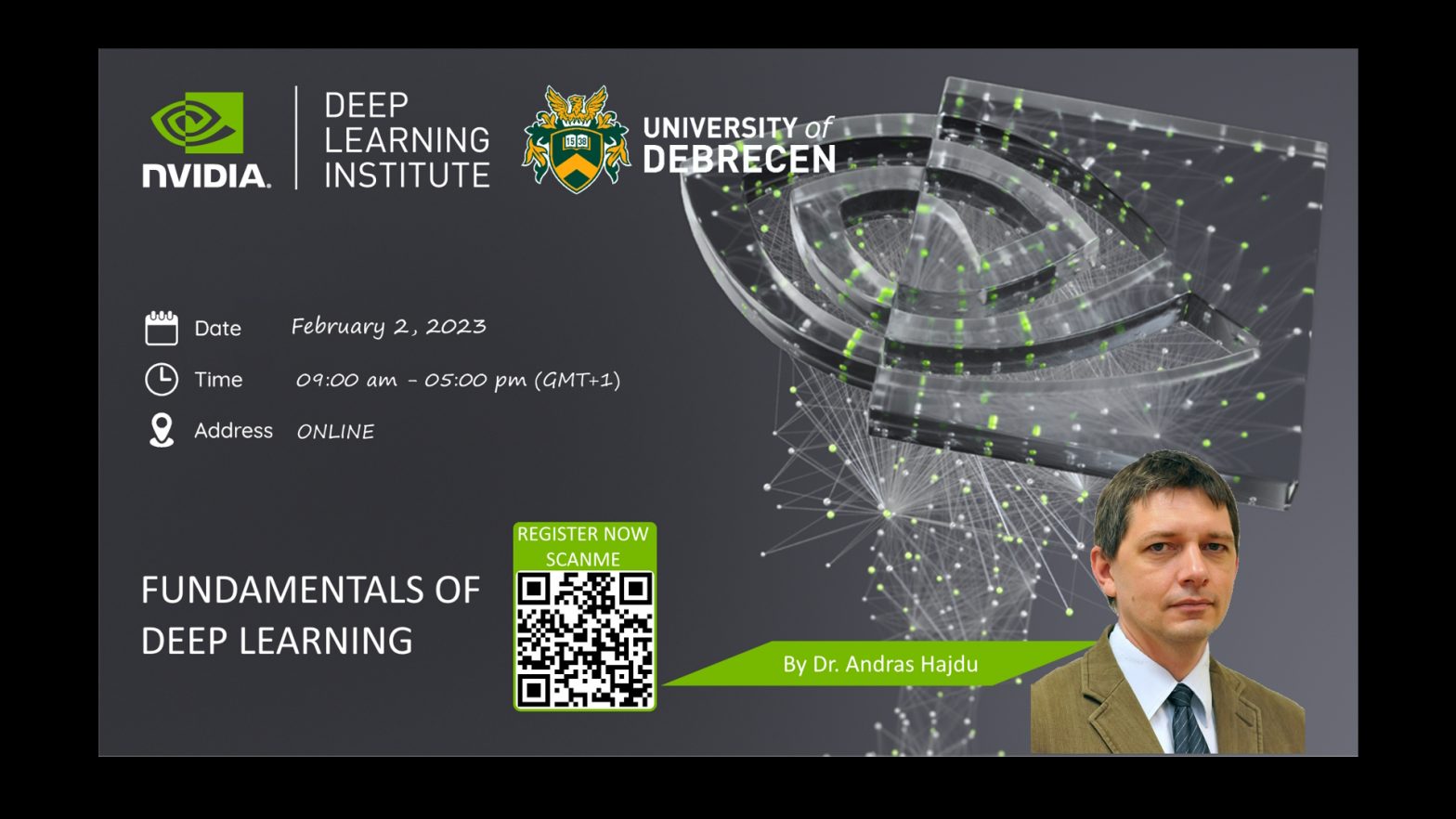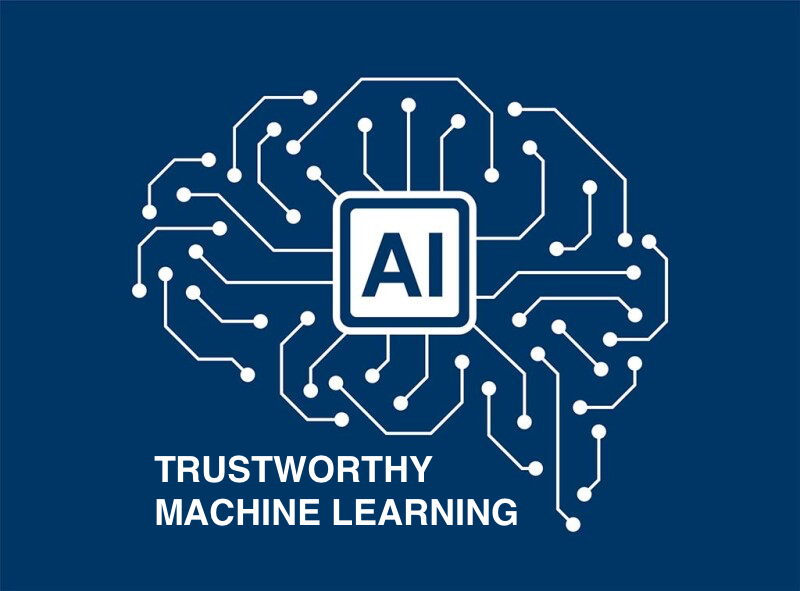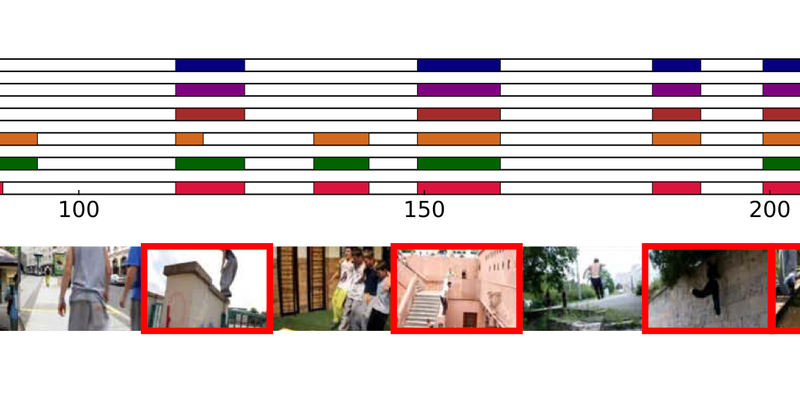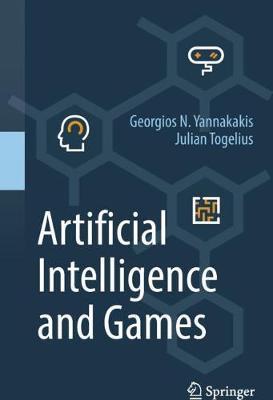Lecturer
Xavier Fresquet, xavier.fresquet@sorbonne-universite.fr
Caitlin Kraft-Buchman, caitlin@womenatthetable.net
Sofia Kypraiou, sofia@womenatthetable.net
Emma Kallina, emma@womenatthetable.net
Content and organization
This course offers a comprehensive understanding of the interplay between advanced AI systems and the fundamental principles of human rights. Through a blend of theoretical knowledge and practical applications, you will learn to navigate the complexities of AI technology with a human-centered approach. This course is a commitment to shaping the future of technology in a way that respects and enhances human dignity.?? #AIforHumanity #TechWithPurpose
LEARNING OUTCOMES
Content / Knowledge
AI systems have the potential to create harm that contradicts human rights through discriminatory outcomes
AI systems exist in complex interactions with its environment. Thus, it is essential to acquire a detailed understanding of the context in which a system will be embedded to assure that a system is in accordance with human rights
It is essential to meaningfully involve affected communities throughout the AI lifecycle: all communities that will be impacted by the system should have the agency to shape it to their needs, values, and concerns
An approach to AI development that has human rights at its core cannot be an add-on but requires reflections and actions throughout the AI lifecycle
Methodological skills
Students should be able to:
- Understand the core values of human rights and how these are relevant to AI systems
- Be familiar with a human rights based approach to AI development, deployment, and post-deployment updates
- Internalize that technical solutions are not neutral, but instead have to be selected consciously and with the application context and affected communities in mind
Transferrable/Application
- Apply the learned content to own projects, aided by training case studies and checklists
- Understand how to analyze the ecosystem of values in which AI systems operate which can be applied to future projects
The course is split into two separate courses that build upon each other (total of 5 modules). It starts with a focus on human rights and gradually introduces their interrelation with data science and how a human rights-based approach can be used in practice. The first part of this course provides a comprehensive introduction to human rights and their critical role in the development of AI. You’ll gain insight into how bias and discrimination can infiltrate the AI lifecycle through real-world examples. In the final module, we’ll explore fairness concepts in AI development, and learn tools to assess and enhance fairness in AI systems.
The course is divided into five modules over the two courses:
Module 1: Human Rights and AI Systems
Understanding the basics of human rights
The significance of AI systems in the context of human rights
Module 2: How Discrimination Enters the AI Lifecycle
Identifying potential areas for bias and discrimination
Real-life examples of AI systems that have raised concerns
Module 3: Fairness Concepts & Metrics
Defining fairness
Common different fairness metrics and their advantages & disadvantages
Part 2: The second part of our two-course series, builds on the foundational knowledge from Part One, and guides you through practical implementations of a human rights-based approach in AI development. We start by exploring how to use human rights-based approaches, focusing on principles, ethical considerations and essential questions to help guide the design of those systems. In the last part, you’ll delve into a case studies, to analyze how this approach can be used in practice.
Module 4: Integrating Human Rights-based Approaches Along the AI Lifecycle
Understand how to introduce Human Rights considerations along the AI development pipeline
Use questions and reflections to understand the context of the system’s development
Module 5: Case Studies: Putting the Human Rights-based Approach Into Practice
Analyze how to apply the HR-based approach to the development of a model, illustrated on two case studies
About SCAI and Sorbonne Université:
The Sorbonne Center for Artificial Intelligence (SCAI) unites communities from the three faculties of the university – Arts & Humanities, Science & Engineering, and Medicine – along with members from the Sorbonne University Alliance, including UTC, MNHN, and INSEAD. This collaboration fosters a multidisciplinary approach to AI.
SCAI is driven by a dual ambition in both research and education. Its primary goal is to significantly contribute to the excellence of interdisciplinary research and education in AI. This is achieved by promoting exchanges among researchers, students, and the industry. Since its inception in 2019, SCAI has been dedicated to creating a large, unified research and teaching center in both Paris and Abu Dhabi. This center is notable for its unique approach to developing AI that is diverse, inclusive, and enriched, aligning with the contemporary demands and ethical considerations of AI technology.
About Women at the Table:
“Women at the Table” is a pioneering think tank dedicated to sparking systems change, particularly in the field of technology and AI, with a focus on gender equity. They engage in various activities:
Developing Feminist AI: The organization is not just analyzing AI but actively working to construct AI systems that eliminate bias and promote gender equity.
Global Collaboration: It boasts a robust, worldwide network that includes scholars from the Global South and tech innovators, aiming to infuse AI with diversity and dynamism.
Policy Advocacy: They work on creating influential policies to narrow the gender digital divide and set inclusive standards.
Workshops: They conduct the AI & Equality Toolbox workshops to demystify AI, empower participants, and motivate impactful actions.
Resource Hub: The platform serves as a hub for fostering unity and innovation in gender-inclusive and transformative technology.
Amplifying Voices: Their advocacy extends to international forums and discussions on trade, technology, democracy, and inclusive policies.
Encouraging Active Participation: They invite people to join their movement towards an equitable world where AI is used as a tool for progress and parity.
Organizing and Participating in Events: They are involved in various events and talks, including international forums and webinars, focusing on topics like AI and gender, the role of AI in the workplace, AI governance, and more.
The organization is deeply involved in research, advocacy, and the practical application of AI to address gender disparities, aiming to transform the landscape of technology through feminist principles.
Course Duration
8
Course Type
Short Course
Participation terms
Both AIDA and non-AIDA students are encouraged to participate in this short course. To register, please send an email to Anna Schjøtt Hansen (a.s.hansen@uva.nl) and she will provide the link to the course. If you are an AIDA Student* already, please also enrol in the same course in the AIDA system (button at the end of the page), in order for this course to be included on your AIDA Course Attendance Certificate. *AIDA Students should have been registered in the AIDA system already (they are PhD students or PostDocs that belong only to the AIDA Members list (https://www.i-aida.org/about/members/).
Schedule
Part 1 - Friday January 19 + Part 2 - Friday January 26 -- 14h-17h Paris Time
Language
English
Modality (online/in person):
Online
Notes
Zoom link for the 2 parts: https://zoom.us/j/98492751747?pwd=SUpZdzV0bUxZbzlVeHJHT2VQL3BMZz09
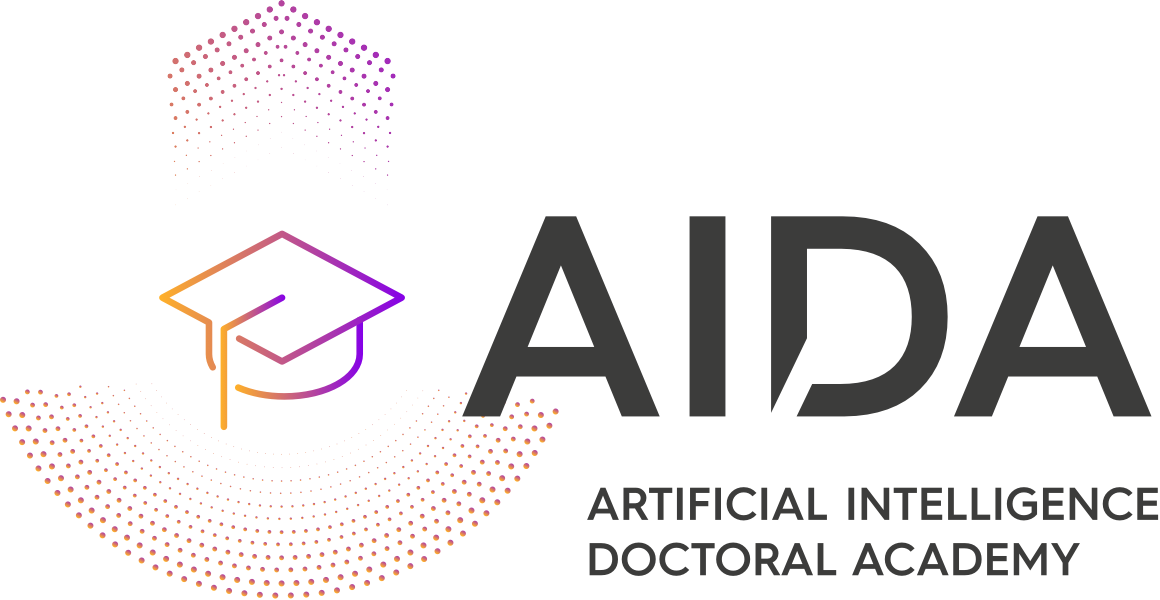
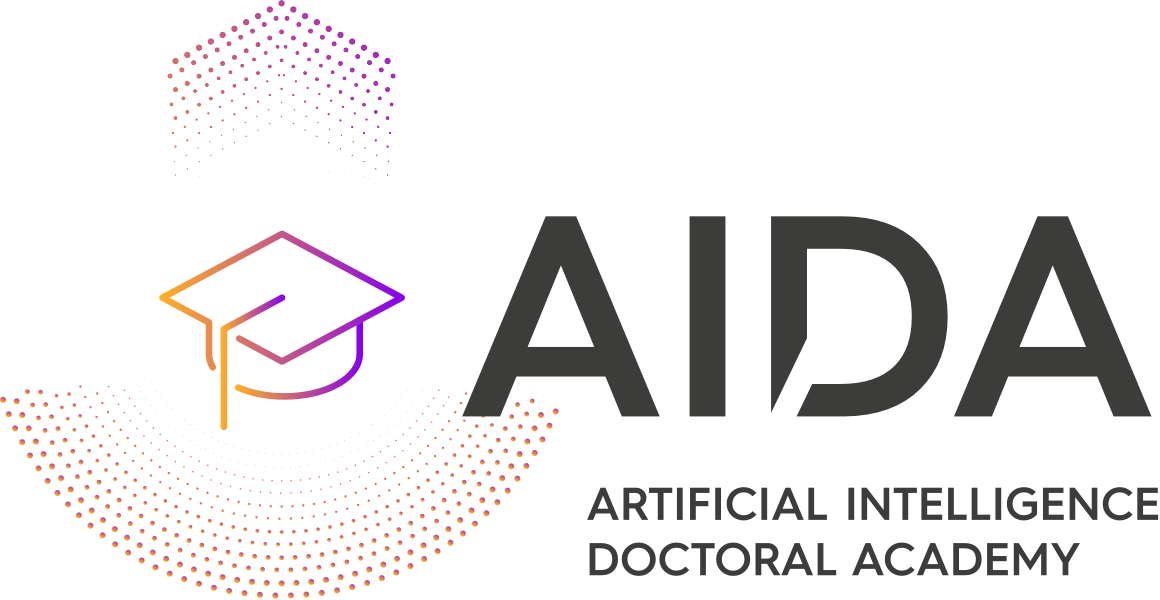

 Back to List
Back to List






